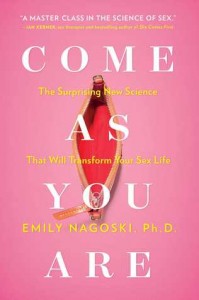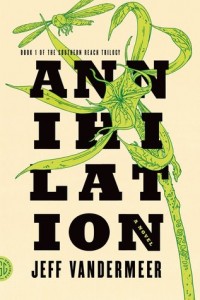Backyard Labyrinth
June 1st, 2015In our thirties, my husband G and I moved into our house in 2004 with our then 1yo son Drake, who was joined by little brother Guppy a year and a half later. This is the first house either of us had owned. Prior to that we’d lived in condos or apartments, and had never been responsible for a yard or a home. We had a very kid-friendly backyard, with a playset and a treehouse the former owner, an architect, had built upon a giant stump.
We did not distinguish ourselves, however. Within the first year, weeds took over the play area in the backyard. We waited so long to attend to them that they went to seed. Every year after that was an ongoing, losing battle with the weeds, the most difficult of which was the Canadian thistle, joined a few years later by the stinging nettle. I tried vinegar, we tried digging up the whole playset area. G removed a huge number of thick, stubborn roots, but still, they came back.
Two years ago, I leaned against the huge stump, and it moved. The termites had bored through it, and the bunnies had tunneled under it so that the only thing holding it in place was the tree house, which immediately became off limits to the kids. We had a treehouse removal party, (kind of like a reverse of the barn raising scene in that Harrison Ford Amish film, Witness), and the treehouse went off and became a hen house. But the stump remained, a huge, heavy albatross in our backyard.

We had a stump destruction party, with axes and Sawzalls, but the stump was harder to dismantle, even rotten, than we’d hoped. We had to call in a professional, with professional tools. to chop it to bits.
Removing the tree house got us the momentum in our backyard we needed. We were also helped by the advancing age of our sons, who rarely helped, but at least stayed out of the way and could play on their own without supervision. We got their OK to dismantle the playset, which G had always been prejudiced against. Encouraged by this, he finally took down the ugly chain link fence he’d vowed to get rid of in 2004. Removing the fence and the playset was superficially easy; the hard part was digging out the sunken concrete bases, but he did that. Then, we bought some tarps. A LOT of tarps. And we covered over all the thistle-y and nettle-y areas. We’ve been told by yard experts that if we leave the tarps there from spring to fall of this year, that the summer sun will bake the weeds down to their roots.
Up till a few weeks ago, the tarps were weighted with chunks of trunk, as well as a mix of bricks and paving stones that had come with the house or been used in various ways, like a bumpy, weed-choked patio, that we’d rescued them from. About a week ago, it occurred to me that I could put a labyrinth atop the tarps, and that I had to materials. Walking a labyrinth was something I did prior to having kids. After kids, though, taking a jaunt to walk quietly slipped down, then off, the priority list.
I found patterns online, at Labyrinthos.net and The Labyrinth Society, measured my yard, and started to move the bricks, blocks, and trunk chunks around. This was more complicated than it looked for several reasons. One, a labyrinth is built off a base that is not in the exact center of the space to be used; it’s down and to the left. Two, once I had put in about four of the brick arcs I realized I should align it to weigh down the tarps, and had to start over.
The tarp surface isn’t ideal. The ground underneath is uneven from bunny tunnels and stump removal, plus hard and bumpy from numerous bits of wood. But, it’s not bad, plus, having a labyrinth would be way more attractive than having tarps covered with random stumpage.
It took almost a week to put it together, and I’m still tinkering with it. But we’re killing the thistles and nettles, plus I now have my very own labyrinth, that I can walk whenever I want, built from existing materials that I’ve been meaning to put to good use since 2004.

I’m a slow learner and a late bloomer, but I may finally be getting the hand of this “having a house” thing after all. It’s in no small part to my youngest being 9, though. I don’t think I would have had the energy any time before to do this.




